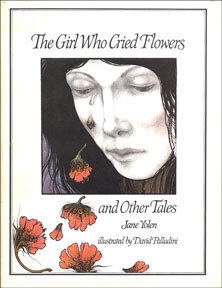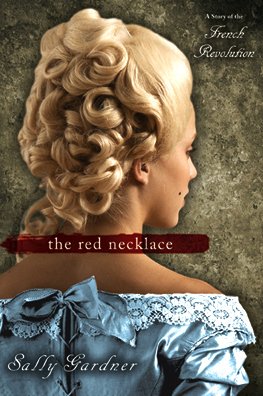
The Red Necklace by Sally Gardner was not what I expected, but that’s what I get for listening to a book for no other reason than the narrator. Had I looked up anything about the book itself, I’d have been less surprised by the content of the story. After some time, I began to wonder when the other shoe was going to drop, until I looked up a little info and realized the book is meant for 12-16 year olds. Suddenly, it all became clear. Nothing truly terrible was going to happen to these characters and the likelihood of there being a ‘happy’ ending was very high. I was glad for this knowledge, because the advances of the villain on the very young (read: approximately twelve years old) female character was beginning to worry me a great deal.
As you may know from previous reviews, I am not the sort who usually shies away from large age gaps, but the subject was too young to fathom. That, and the man was truly despicable. That was the point, of course, for him to be soulless and depraved. The fact that he was old enough to be her father, easily, would not normally have worried me so much. Hence, my relief in knowing this was for youngsters after all and there would be no taking advantage of her.
The book is not, as the cover suggests, about the French Revolution itself, it is simply the story of two young people experiencing their tumultuous adventure in the midst of the rise of the Revolution. Were it not for the fact that the villain has a hand in making the uprising occur, the relevance to the Revolution would be just about nil. Yes, the pressure is cranked up when the girl is imprisoned and put on trial for her nobility, but even the Red Necklace itself has nothing to do with the guillotine. The villain simply places it on victims he has killed. To what end is unclear.
The book’s ending was not a definitive happy ending, more a telling that the story has come to an end, but that the main characters were going to be happy and together eventually. This surprised me, but I found it an interesting choice. I still prefer it to some terrible ending, that’s for certain.
For me, the book had the same feel as The Alchemist by Paolo Coelho. An allegorical fairytale happening to a young person, or so it seemed to me. It was a good book, and the author did very well with prose here and there. However, the best recommendation I can give to this book is the reader of the audio version: Tom Hiddleston. His narration was riveting, his tone evocative. He did so gloriously at the opening, that my eyes flooded with tears simply at the perfection with which he read a very important line. He uses a variety of accents and speech patterns to help distinguish characters for the listener, proving his proficient skill in these areas as well as allowing oneself to lose track of the book and feel like each person has come alive to play their role. Hiddleston was an excellent choice, as well, for his background in French language, which made for proper pronunciations of various names and locations throughout.
Would I recommend this? I think that if you like younger books, simple and creative tales, or have a young person that you would like to share it with: yes, I would recommend it. However, I’m biased, and would recommend you try to find the UK version of the audiobook for Hiddleston’s stellar performance.
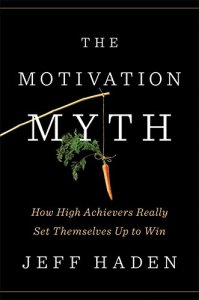
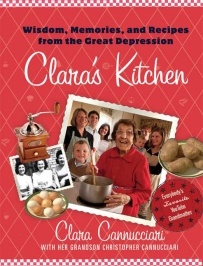
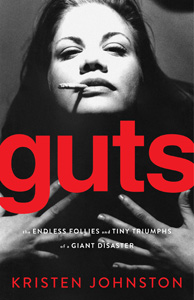
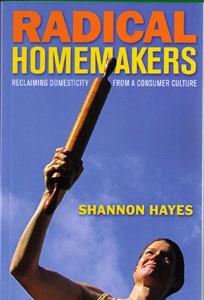

 I’m not sure what I expected to get from ‘The Dirty Life’ by Kristin Kimball. I have a few books about the experiences of people, or a family, who went back to the land or tried their hand at farming. I know that many of them are depressing, but I felt like this one would be upbeat. That said, I was glad to find that Kimball put in the bad experiences as well as the good, giving a very balanced picture of what the whole thing has been like for her over the last seven years. The bulk of the book details experiences from the first year, but she does give snippets of information about the years that follow, specifically information pertaining to things you, as a reader, learned about year one.
I’m not sure what I expected to get from ‘The Dirty Life’ by Kristin Kimball. I have a few books about the experiences of people, or a family, who went back to the land or tried their hand at farming. I know that many of them are depressing, but I felt like this one would be upbeat. That said, I was glad to find that Kimball put in the bad experiences as well as the good, giving a very balanced picture of what the whole thing has been like for her over the last seven years. The bulk of the book details experiences from the first year, but she does give snippets of information about the years that follow, specifically information pertaining to things you, as a reader, learned about year one. The Beauty Detox Solution is one of those books that you look at and all you can see is celebrity hype that is doomed to be ridiculous. Color me surprised when I read through it and thought it made sense.
The Beauty Detox Solution is one of those books that you look at and all you can see is celebrity hype that is doomed to be ridiculous. Color me surprised when I read through it and thought it made sense.